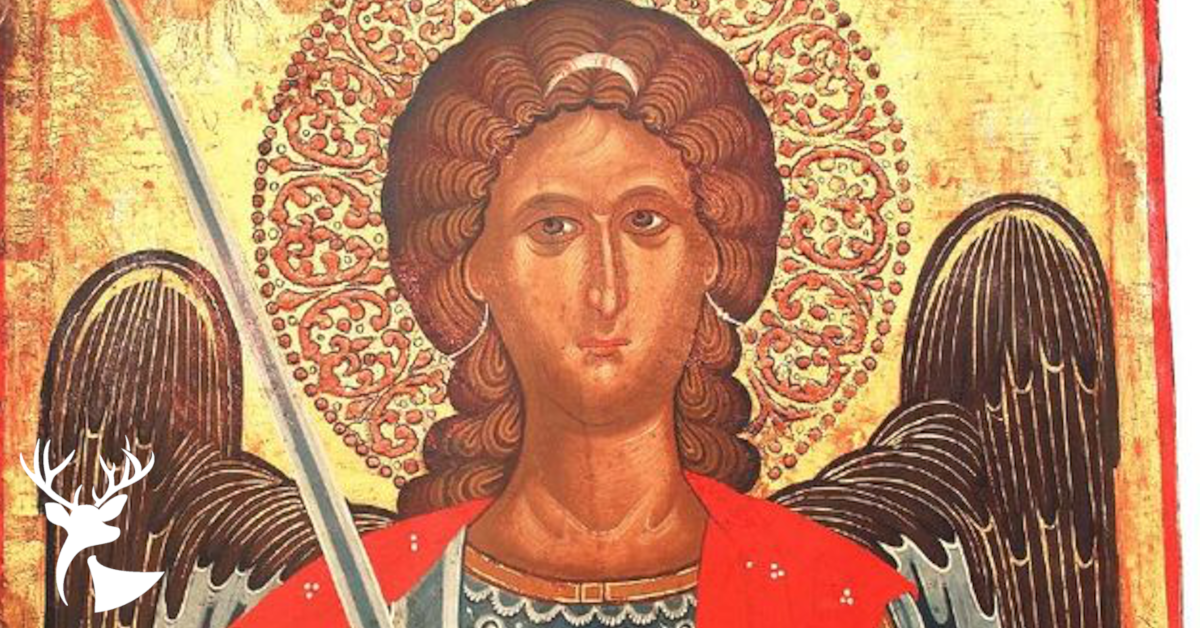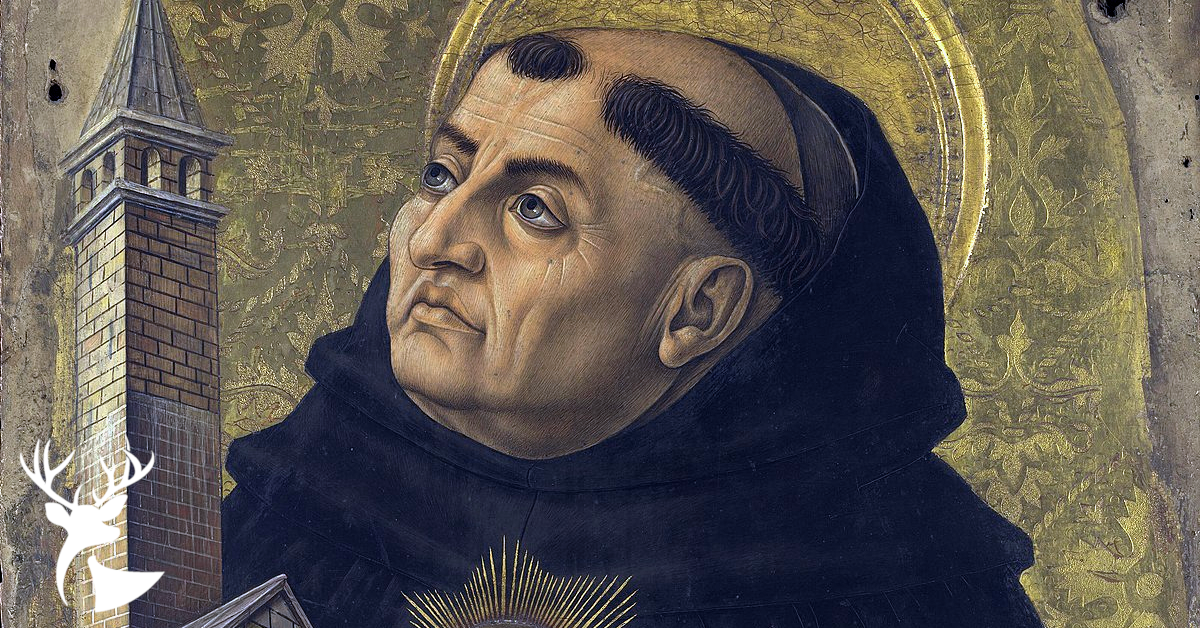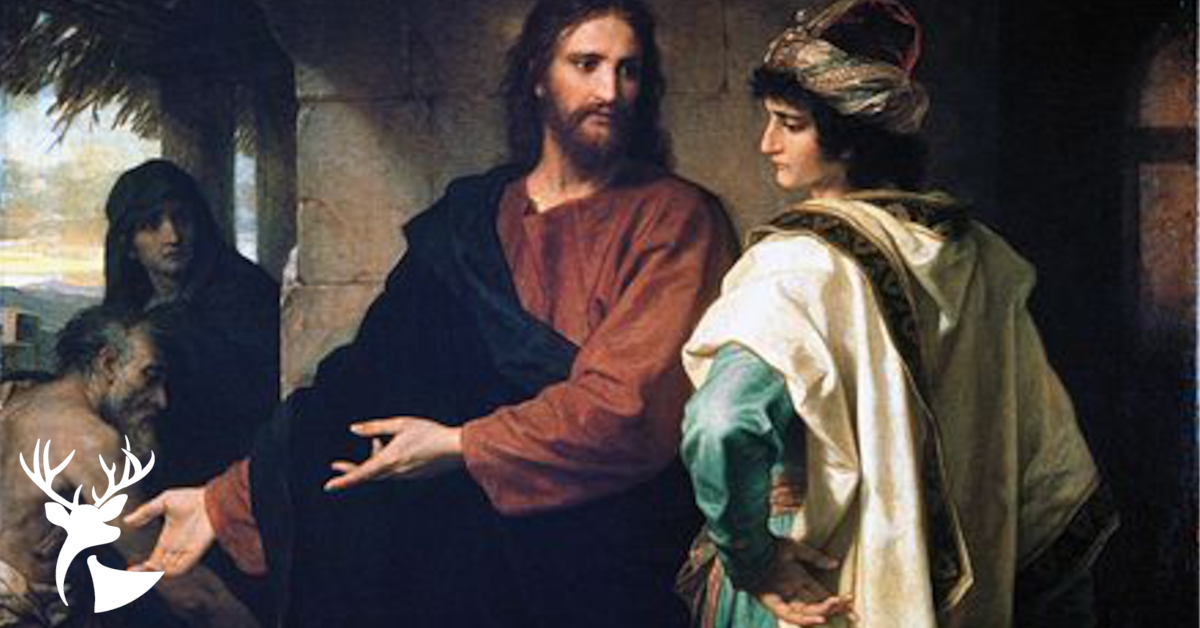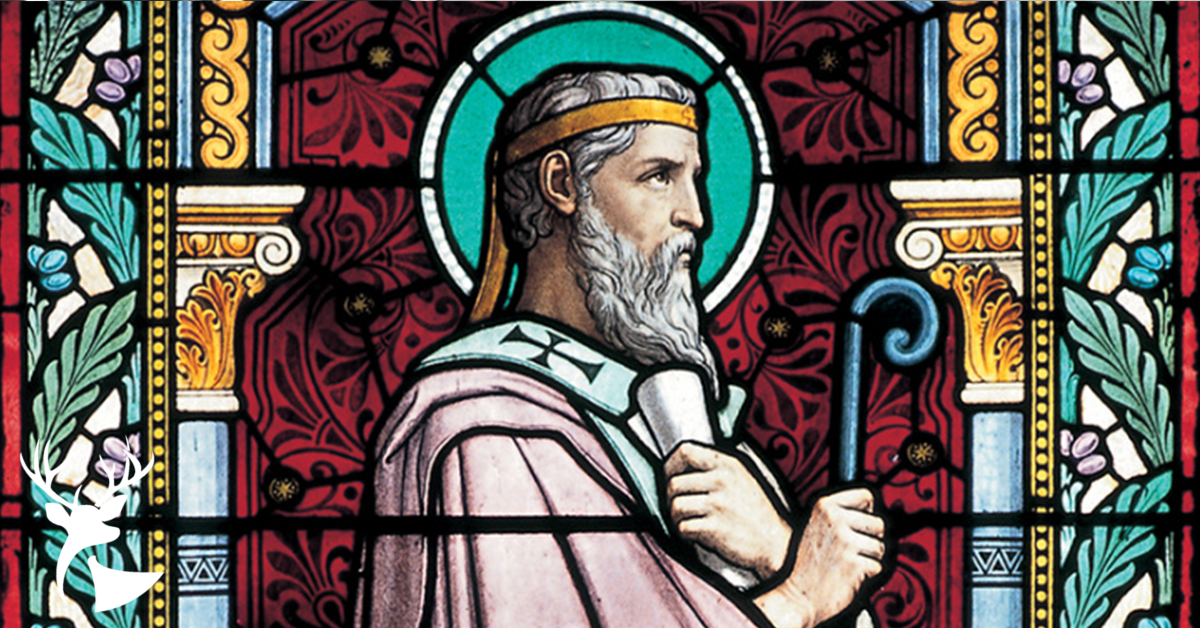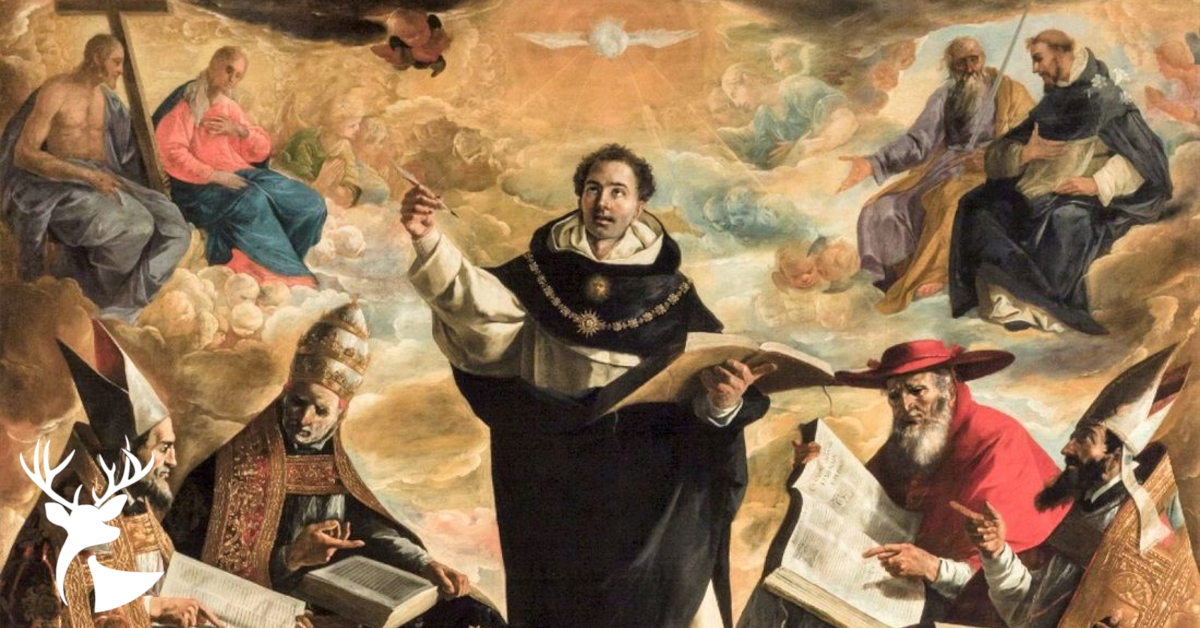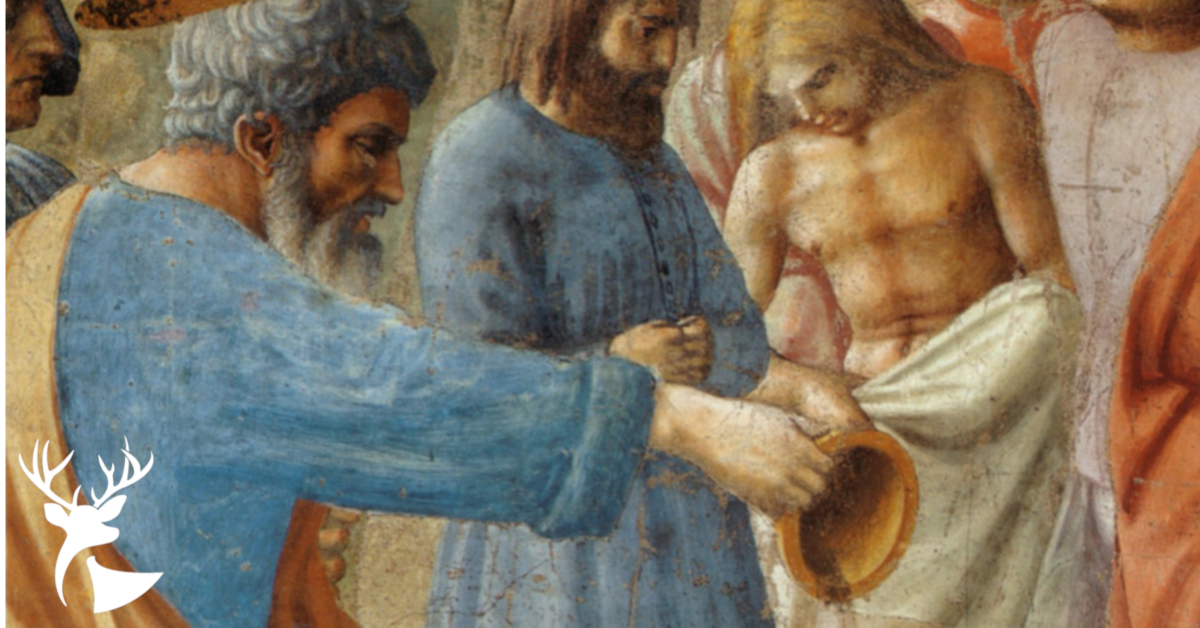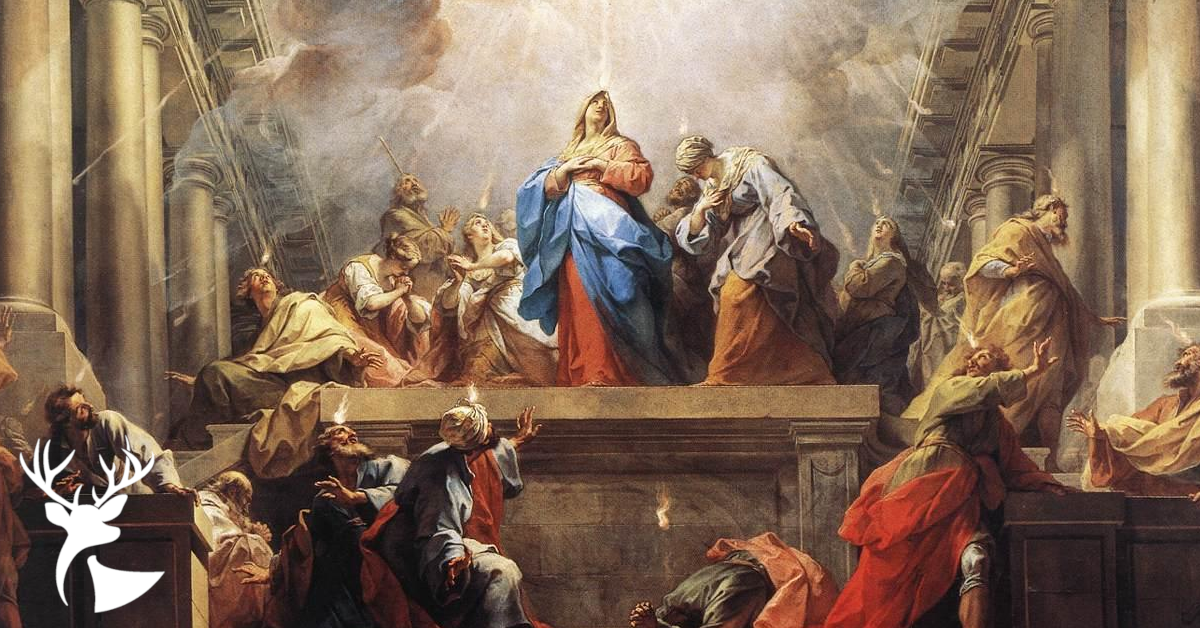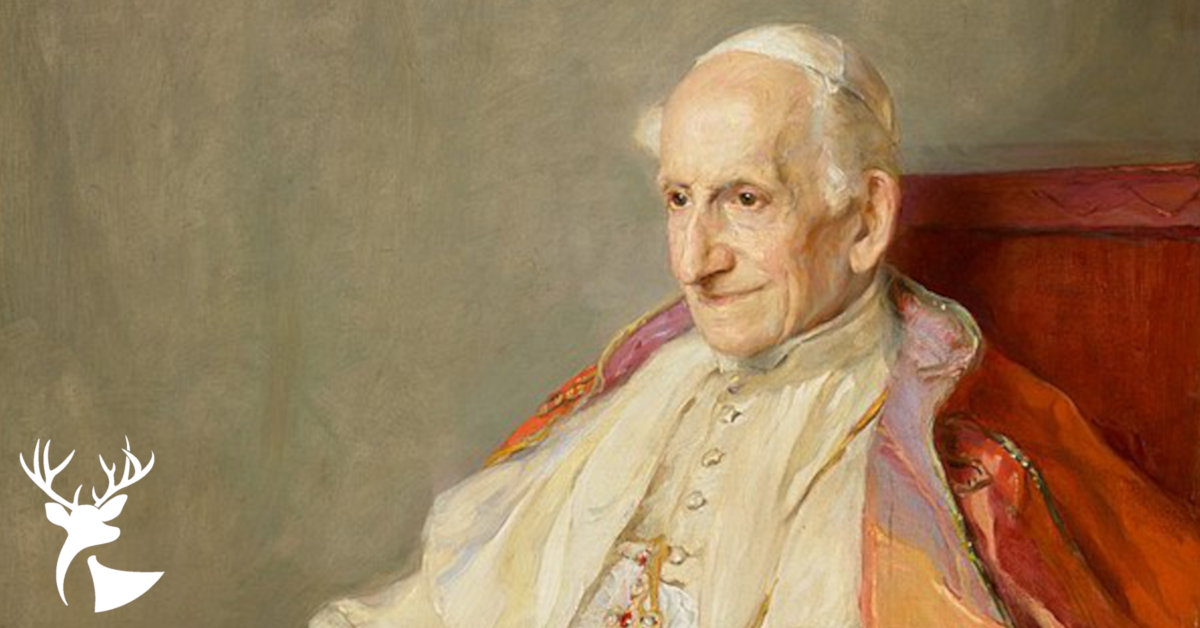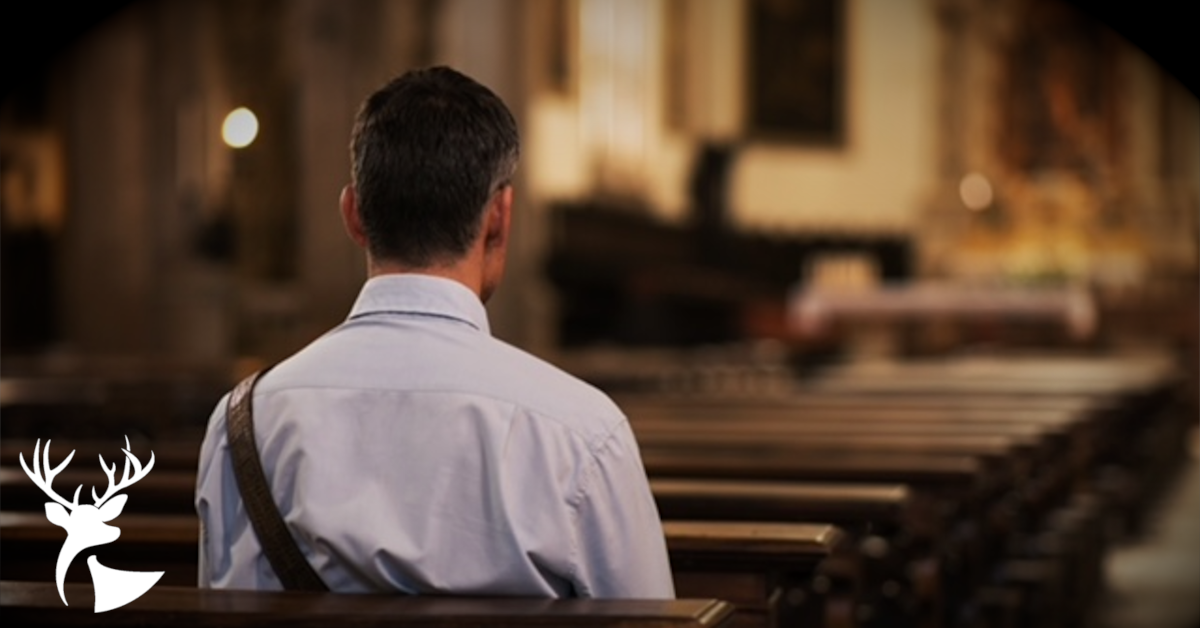
Joey Spencer is a Tutor for the Alcuin Institute for Catholic Culture, and serves as the Archivist for the Diocese of Tulsa.
Stay Connected!
Today, September 29th, the Church celebrates the feast of the Archangels, St. Michael, St. Gabriel, and St. Raphael, and on October 2nd celebrates the memorial of the Guardian Angels. In light of these liturgical celebrations, it would be good to have a basic understanding of angels and the role they have played in Sacred Scripture and salvation history.
Angels are key players throughout Sacred Scripture. The name angel is rooted in the Greek word angelos which means messenger. When God wants to dialogue with man, He is often preceded by an angel acting as a herald to deliver the message. Before we look at angels in Sacred Scripture, it might be helpful to know a little about the nature of angels and what they can do. The best place to start is St. Thomas Aquinas. While many theologians have written treatises on the angels, in the Catholic Church, St. Thomas Aquinas is respected as the theologian who has written the most thorough study of angels in his Summa Theologica.
Angels are creatures created by God. If angels are creatures, they can be expected to have a certain number of abilities in common with all angels. The abilities of angels are conducive to their work in doing God’s will. They have intelligence, love, and free-will, but, being pure spirits, have no corporeal body. Even though angels have no body, they are able to assume a body and move objects. Humans rely on their bodily senses to communicate and take in information. The ability of an angel to assume a body or move objects becomes important in order to communicate God’s plans to humans. While angels can communicate with men by acting upon their imagination and memory, the most common way angels communicate with humans in Scripture is by assuming a body.[1] St. Thomas states,
Some have maintained that the angels never assume bodies, but that all that we read in Scripture of apparitions of angels happened in prophetic vision—that is, according to the imagination. But this is contrary to the intent of Scripture; for whatever is beheld in imaginary vision is only in the beholder’s imagination, and consequently is not seen by everybody. Yet Divine Scripture from time to time introduces angels so apparent as to be seen commonly by all; just as the angels who appeared to Abraham were seen by him and his whole family, by Lot, and by the citizens of Sodom; in like manner the angel who appeared to Tobias was seen by all present. From all this, it is clearly shown that such apparitions were beheld by bodily vision, whereby the object seen exists outside the person beholding it, and accordingly can be seen by all. Now by such vision only a body can be beheld. Consequently, since the angels are not bodies, nor have they bodies naturally united with them, as is clear from what has been said, it follows that they sometimes assume bodies.[2]
Angels not only can assume a body but can also manipulate and move matter. In Daniel, an angel picks Habakkuk up by his hair and transports him to and from Babylon in order to take food to Daniel in the lions’ den (Dan. 14:33-39). By assuming a body, and having the ability to move matter, angels are able to communicate with humans through sense perception, which is the natural way by which humans communicate. Now that we know a little of what an angel can do, we can look at the places they appear in Scripture.
Sacred Scripture tells us that angels are constantly moving between heaven and earth (Gen. 28:12). An angel acting as a herald and preceding the presence of God is seen in the story of Moses and the burning bush. The angel comes as fire in order to get Moses’ attention so that he will be receptive to God’s message (Ex. 3:2). There are many cases in which the angel acts alone and is sent to deliver a message. In the Old Testament, an angel tells Jacob of the trickery of Laban (Gen. 26:11-12), delivers a message to Manoah letting her know that she is about to conceive a child (Judg. 13:3), and makes Gideon aware that he is to deliver his people from Midian (Judg. 6:11-18). In the New Testament, an angel comes to Zechariah to announce the pregnancy of Elizabeth and the birth of John the Baptist (Luke 1:11-20), the angel Gabriel comes to Mary at the Annunciation (Luke 1:26-38), and an angel comes to Joseph in a dream in order to console him about Mary’s conceiving a child (Matt. 1:20-25). Angels are present at the empty tomb after Jesus’ Resurrection and announce to the disciples that he has risen from the dead (Matt. 28:2-7; Mark 16:5-7; Luke 24:4-7; John 20:12-13), and at Jesus Christ’s Ascension into heaven, telling the disciples that Jesus will return again (Acts 1:10-11).
Many situations in the Old Testament have angels used by God to protect individuals or groups of people. When the Hebrews were finally allowed to leave Egypt, it was an angel who formed a rear guard, giving them protection from Pharaoh’s pursuing army (Ex.14:19-20; Num. 20:16; Judg. 2:1). When Moses was leading the Hebrews in the desert, it was an angel who went before them for protection, guarding God’s chosen people (Ex. 23:20; 32:34). When God hears His people cry, he sends an angel to save them from their affliction (Is. 63:9). Not only are angels the protectors of the Hebrews as a whole people, but their protection can be seen in the lives of many individuals in the Old Testament as well. Lot and his daughters were protected by angels when they blinded the men of Sodom who were trying to get into Lot’s house, as well as when Lot was told to leave Sodom (Gen. 19:11, 14). When God heard the cries of Ishmael, He sent an angel to comfort Hagar and give her provisions in the way of water and hope so that Ishmael’s life was spared (Gen. 21:17). Isaac, Ishmael’s half-brother, was also spared at the last moment by the intervention of one of God’s angels when Abraham was about to offer him as a sacrifice to God (Gen. 22:11). Another situation in which angels were utilized in the protection of individuals was in the case of Shadrach, Meshach, and Abednego. When King Nebuchadnezzar cast them into the fiery furnace, God sent an angel to drive out the fire and surround the three companions with a moist wind (Dan. 3: Prayer of Azariah 26, 27; Dan. 3:28).
Angels were also a source of protection in the New Testament. An angel warns Joseph to flee to Egypt to avoid Herod’s persecution, and, once Herod has died and the danger has passed, the angel returns to tell Joseph that the Holy Family can return to Israel (Matt. 2:13-20). Angels watched over the apostles as well, breaking them out of prison on occasion so that they could fulfill their ministry (Acts 5:19-21; 12:7-11).
While we have been looking at the role of the angels in Sacred Scripture, we cannot forget that the angels are still active in our own lives and the life of the Church. In their service to God, angels continue to watch over us and protect the Lord’s interests.
More Reading

Joey Spencer is a Tutor for the Alcuin Institute for Catholic Culture, and serves as the Archivist for the Diocese of Tulsa.


